Stephen Eddie is a neutral football fan and freelance journalist working in London. Visit his works at Pulling Shapes.
End of Season Review
So there we are, another season over. Manchester United champions; Liverpool, Chelsea and Arsenal comfortably in the top four; Everton and Aston Villa ‘œthere or there abouts’; Tottenham and Manchester City restored to their rightful place in the middle of the table and West Brom, Middlesbrough and Newcastle relegated.
While this was undoubtedly one of the most exciting Premier League contests in years, with high quality football throughout and moments of genuine surprise, it all ended with an air of predictability. Nowhere more so than with the wholesale collapse of the Respect Campaign, which became just another stick to hit referees with. If the argument that ‘˜referees shouldn’t be in the Premier League if they keep making mistakes’ applied to the managers who made it all season then there’d have a lot of rudderless teams.
A club that made a lot of mistakes and lost a lot of respect this season was Newcastle United. Perhaps at the start of the 2008-09 campaign their relegation wasn’t as predictable as West Brom and Middlesbrough‘s, but it was inevitable after seasons of bad management at all levels. Not just during Mike Ashley’s tenure, but since the departure of Bobby Robson (under him, Newcastle finished 11th, 4th, 3rd and 5th,). When Alan Shearer said a ‘œtotal rebuilding’ job was needed after their 1-0 loss to Villa on Sunday it was the kind of realistic assessment Newcastle have been missing for a long time.
But back to those moments of surprise and brilliance that made the season a great one, even if the final table looks familiar. At the start ‘“ and even more so at the end ‘“ of the season Liverpool played exciting, attacking, not Benitez-style football. Obviously, Gerrard and Torres led but they were complimented by the passing of the exceptional Alonso, Riera and Insua’s runs down the left and Kuyt’s industry down the right ‘“ epitomised by the 1-4 win at Old Trafford. Hull’s start was even more remarkable, propelled by the confidence of winning the play-off final until Phil Brown’s ‘˜no-one-wants-you-come-to-us’ transfer policy backfired and they were exposed as a Championship side that got lucky on the final day.
Then there was Spurs’ terrible start, when it genuinely seemed they might be stuck in a relegation fight; the sudden arrival of money and Robinho at Manchester City; and the wily Andrei Arshavin coming to Arsenal. This, followed by the thrilling 4-4 draw between two of the game’s great pragmatists, Hiddink and Benitez; United chastising Chelsea at Old Trafford and Arsenal in Champions League semi-final; and Anelka back to his best.
Had certain personnel been available all season then perhaps the top four would have finished in a different order and the gap between them and the rest be smaller. The likes of Torres, Arshavin, Arteta, Carew and Essien (not to mention Guus Hiddink) win their teams points that were lost in their absence. Then again, United went through spells without Ronaldo, Evra and Ferdinand. Ferguson’s team coped because their success this season was built upon the reliability of their more diligent and pragmatic players like Carrick, O’Shea, Park, Vidic and Van der Sar, rather than on Ronaldo as it was last year. They were at their most assured during the 1,311 minutes United didn’t concede a goal, a run that came while Liverpool, Chelsea and Arsenal were having slumps (albeit in Liverpool’s case a slump where they drew rather than lost).
Elsewhere, managers organised their teams around reliable midfielders with a good range of passing: Alonso at Liverpool, Lampard at Chelsea, Barry at Villa and Danny Murphy at Fulham. Murphy’s Fulham are real contenders for team of the season. Roy Hodgson put together a skilful style, did some nifty work in the transfer market to acquire Mark Schwarzer and Andy Johnson (and to sell Jimmy Bullard for £5m) and took Fulham to 7th in the Premier League, their best ever finish. It’s even more remarkable considering last season they finished 17th and it’s largely the same group of players.
Tony Pulis has also done an exceptional job at Stoke. They used Rory Delap’s long throws to great effect until opposition defences learnt to deal with them, then Pulis brought in Beattie and Etherington, got Liam Lawrence back and they started playing with their feet as well as their hands and heads. Teams weren’t prepared for that; it was a neatly timed change of plan by Pewlis and Stoke now look capable of establishing themselves in the mid-table. Even with Pewlis’ silly baseball cap.
Sunderland and Hull have more cause for concern next season. They stayed up this time round by virtue of Middlesbrough and Newcastle being even worse rather than by playing well themselves. In Hull’s case, winning one game since Boxing Day is not good enough form for the Premier League. Of the teams that went down, West Brom and ‘˜Boro are more likely to keep most of their current squads together and certainly have a wage bill better prepared for the Championship than Newcastle.
At the top of the table, it became clearer what is required to prevent Manchester United winning a fourth league title in a row. Even if Ronaldo and Tevez leave there will be money to replace them, plus Welbeck, Macheda, Gibson and the Da Silvas.
Hopefully Benitez will allow Liverpool to play the goal-happy football they’ve shown in the last few months, but top quality cover is needed in defence and for Torres. (Is Tevez it? He only scored one more league goal than Vidic and less than Kuyt and Benayoun). Arsenal must spend big on defensive players, while it will be interesting to see whether the next Chelsea manager takes a chance on the likes of Ivanovic, Mancienne and Di Santo or spends yet more millions. Everton and Villa’s squads need more players if nothing else, and who knows who’ll be turning out for City come 15 August. What seems certain is that Ferguson will have more to think about.
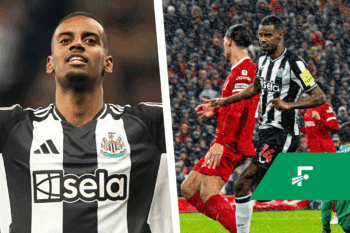
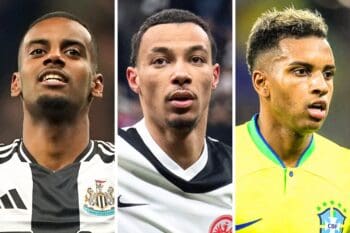
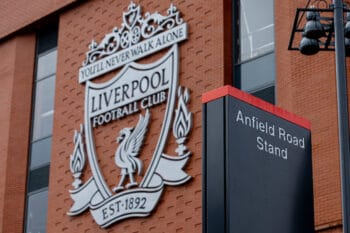
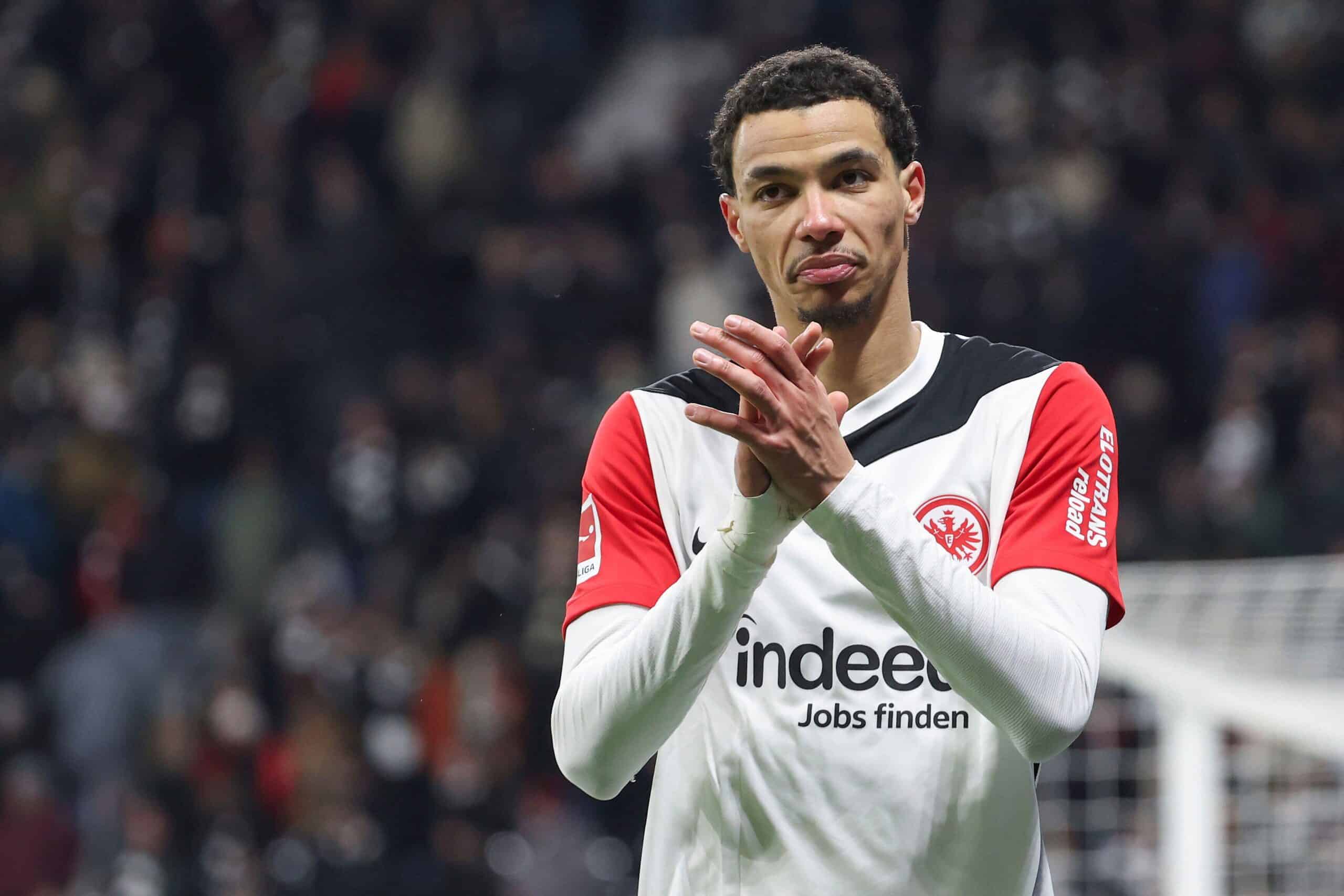
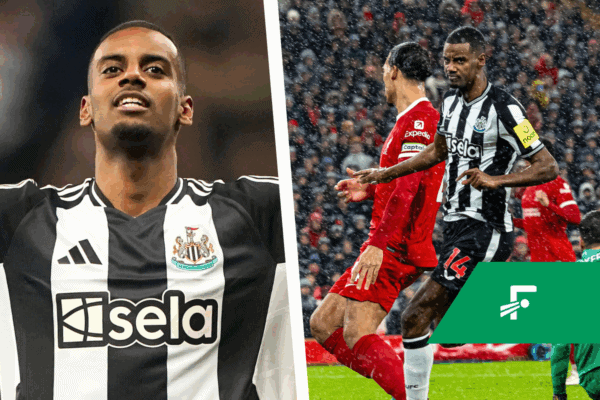
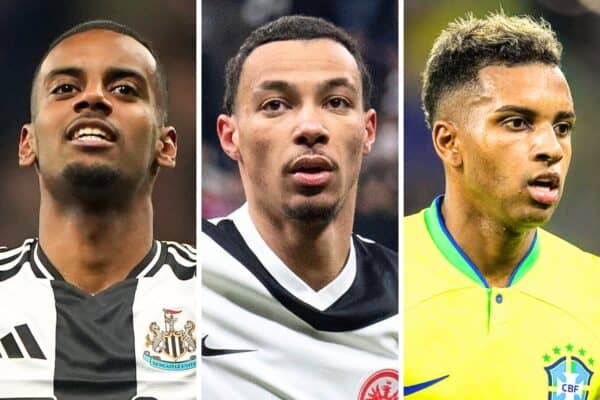
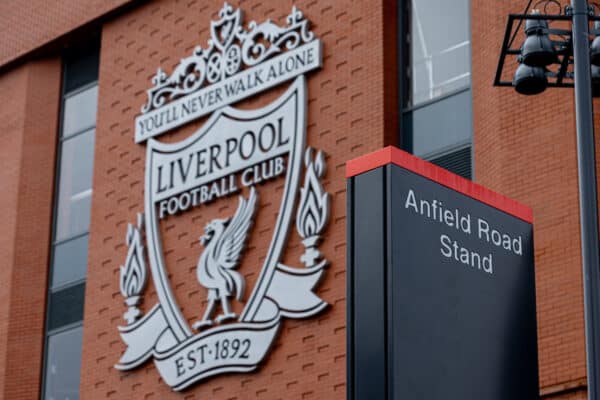
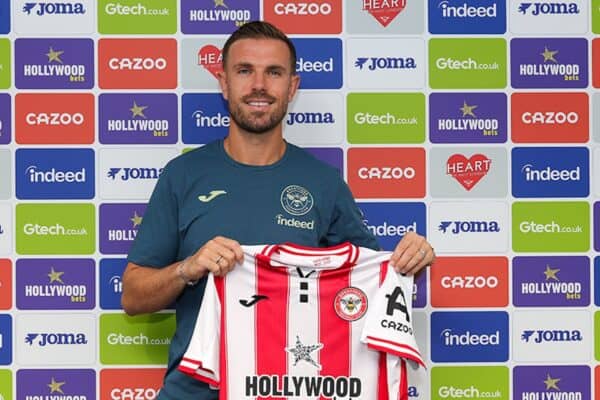
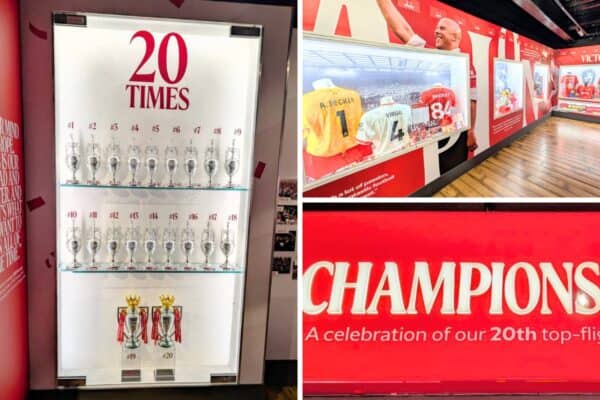
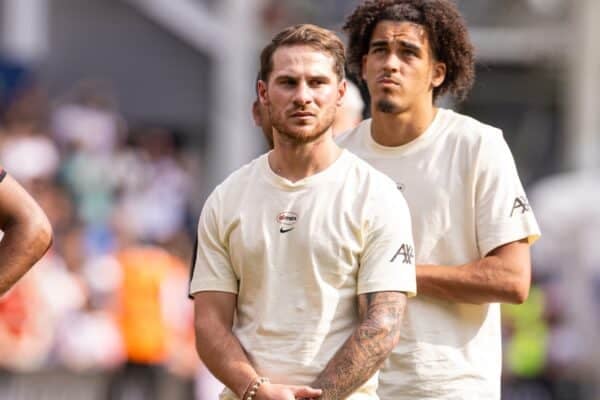
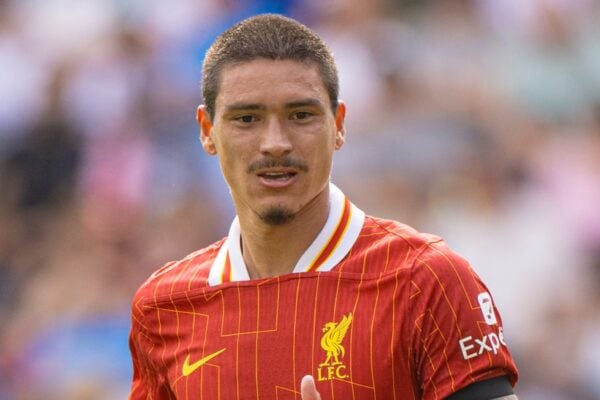

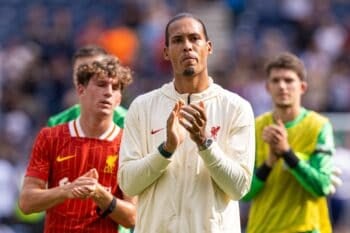
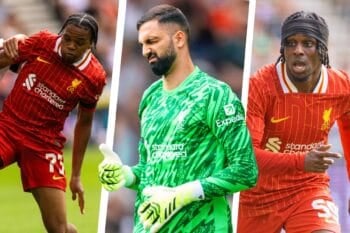
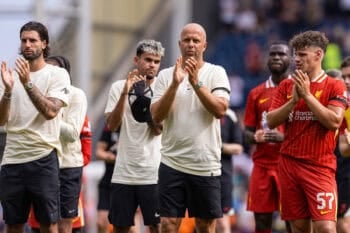
Fan Comments